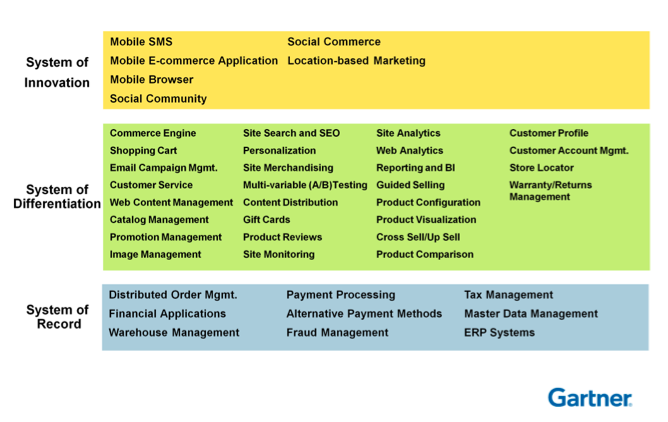I had a recent conversation on all the recent M&A activity around this increasingly interesting thing, “Commerce.” The conversation was a familiar one – with most companies I speak with thinking that commerce is a “done” technology, the question at hand was what is going on with Yahoo’s recent acquisition of commerce company, Lexity. One thing that we agreed upon during our conversation – Lexity’s acquisition illustrates the rapidly growing need across B2C and B2B companies to leverage the wealth of available customer data (commerce, social, loyalty, etc.), engage via compelling online / self-service experiences, and ultimately turn engagement into commerce-driven revenue.
As consumers are increasingly buying on their own terms — when, where, how they want to purchase — the companies Yahoo serves, not to mention Yahoo itself, face the challenge of changing their goto market approach to be able to better engage with customers to take advantage of every “moment of truth” (see Google’s expansion of this age old marketing buzzword).” Lexity’s acquisition reflects a step towards simplification of what is fast becoming a very complex set of tools and systems needed by modern commerce sites to support those interactions. In fact, the recent market news – the acquisition of commerce platforms – hybris (SAP), Order Motion (NetSuite), ATG (Oracle) – reflects the fundamental need for a new commerce system of record that is not CRM or ERP, but able to work across these front and back-end systems.
At the same time, the tie-in’s to the various storefront solutions such as Magento and Amazon Webstores, only helps those players. In fact, even as storefronts get more fragmented with shopify-type stores on one end and hand-crafted commerce sites on the other, at Avangate, we are seeing increasing standardization to plug in the tools that support the monetization of these front end sites / stores – standardization for using data analytics, merchandising and engagement tools, as well as commerce platforms to handle multi-channel transactions, product information management, distributed order management, subscription billing, and global payments (see Gartner diagram below for their initial list of systems to consider for eCommerce).
Lexity is just example of this simplification that has brought the advantages are lower costs, decreased complexity, and the broader market adoption (see the rise and fall of business structures, and advantages of dominant design – Utterback, MIT). Similarly, part of our vision here at Avangate is to provide that architectural simplification of commerce for our software and cloud service customers – to help them transact at every customer touch point, optimize new business models on the fly, and to reach new global markets – allowing our customers to focus on differentiating themselves in this increasingly competitive marketplace.






